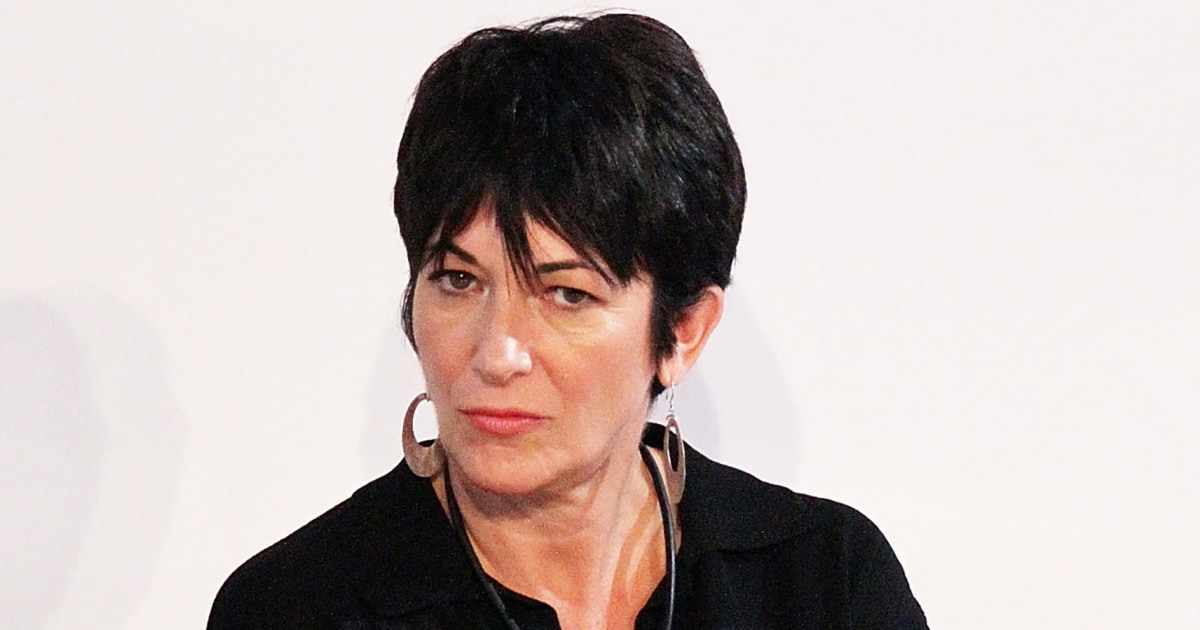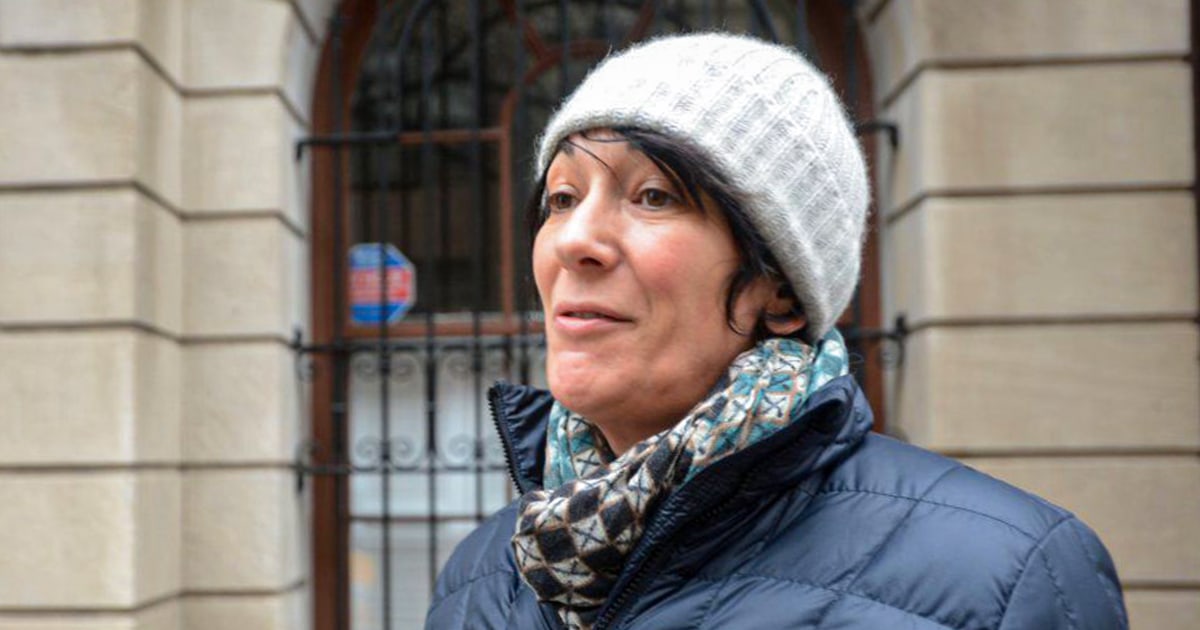Outrage Over Release of Ghislaine Maxwell's Testimony
#ghislaine_maxwell #justice_department #sexual_abuse #transcripts #criminal_justice_system

Introduction
The recent release of transcripts from Ghislaine Maxwell's testimony has sparked outrage from the family of a prominent survivor of Jeffrey Epstein's sexual abuse. The Justice Department's decision to give Maxwell "a platform to rewrite history" has raised concerns about the handling of the case and the potential impact on the survivor's quest for justice.
Key Details
The transcripts, containing over 400 pages, were released to a federal prosecutor last month as part of Maxwell's ongoing criminal case. The family of the survivor expressed their disappointment and anger at the Justice Department's action, stating that it has given Maxwell the opportunity to manipulate the truth and potentially harm the survivor's case. Maxwell's lawyers have also argued that the transcripts should not be released to the public as they may taint the jury pool for her upcoming trial.
Impact
The release of the transcripts has not only caused distress for the survivor's family, but it has also raised questions about the fairness and transparency of the criminal justice system. It is important for survivors of sexual abuse to have their voices heard and for their abusers to be held accountable, without the fear of being re-victimized or silenced. The handling of this case highlights the need for reforms in the legal system to better protect and support survivors in their pursuit of justice.
About the People Mentioned
Ghislaine Maxwell
Ghislaine Maxwell is a British-born former socialite and convicted sex offender, primarily known for her association with financier Jeffrey Epstein. Born on December 25, 1961, in Maisons-Laffitte, France, she was raised in Oxford, England, and attended Balliol College, Oxford. She is a naturalized American citizen and holds British and French citizenship[2]. Maxwell is the youngest daughter of Robert Maxwell, a media mogul and controversial figure whose death in 1991 sparked significant public intrigue. She initially worked in various roles connected to her father's business empire and later became a prominent socialite in New York City[1][2]. In 2012, she founded the TerraMar Project, a non-profit focused on ocean conservation, which ceased operations in 2019 amid legal scrutiny[2]. Her notoriety increased dramatically due to her involvement with Jeffrey Epstein, a convicted sex offender. In July 2020, Maxwell was arrested and charged by U.S. federal authorities with multiple crimes related to sex trafficking of underage girls, acting as Epstein's recruiter and accomplice. She was denied bail due to concerns about her finances and flight risk[2]. In December 2021, Maxwell was found guilty on five of six charges, including sex trafficking of a minor, and in 2022 she was sentenced to 20 years in prison[2][6]. Maxwell's trial revealed extensive evidence of her role in Epstein's abuse network, drawing significant media attention due to her high-profile social connections. She faces a separate pending trial for charges of perjury related to her testimony about Epstein’s activities[2][3]. Her case remains a focal point in discussions about sex trafficking and accountability among elite social circles.
About the Organizations Mentioned
Justice Department
The United States Department of Justice (DOJ) is the principal federal agency responsible for enforcing federal laws, ensuring public safety, and protecting civil rights. Headquartered in Washington, D.C., the DOJ operates under the leadership of the Attorney General, who serves as a key member of the President’s Cabinet. As of 2025, Pam Bondi holds this position, having taken office in February and quickly shaping the department’s priorities. Established in 1870 during President Ulysses S. Grant’s administration, the DOJ’s roots trace back to the creation of the Attorney General’s office in 1789. Over the years, it has grown into a vast organization with more than 115,000 employees and over 40 component agencies, including the Federal Bureau of Investigation (FBI), Drug Enforcement Administration (DEA), and U.S. Marshals Service. The DOJ also houses specialized divisions for criminal, civil, antitrust, tax, civil rights, and national security matters, and oversees 94 U.S. Attorney offices nationwide. The DOJ’s mission centers on upholding the rule of law, safeguarding national security, and defending civil liberties. In 2025, the department has shifted its enforcement focus, prioritizing areas such as healthcare fraud, customs and tariff evasion, and corporate misconduct, especially involving foreign adversaries and financial gatekeepers. Recent policy changes have emphasized efficiency in investigations and reduced reliance on corporate compliance monitors, reflecting a broader effort to minimize regulatory burdens on businesses. Notably, the DOJ has also been tasked with reviewing past government conduct to address concerns about the “weaponization” of federal agencies, ensuring accountability and restoring public trust. For business and technology leaders, the DOJ’s evolving priorities—particularly in areas like cybersecurity, antitrust, and international trade—have significant implications for compliance, risk management, and corporate governance.













